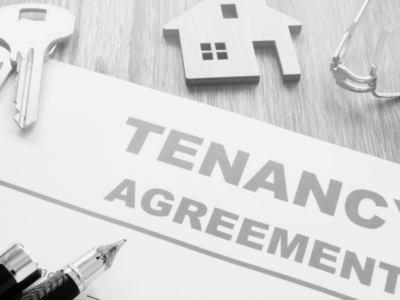It is not that often I get a chance to say you read it here first, but in this case it is entirely true.
The suggestion that Rishi Sunak could extend beyond March 31 the stamp duty cut he announced last July was first made in one of these columns, a few weeks ago.
The chancellor, I said, would not want to risk a “cliff-edge” collapse in the market, particularly at a time when the economy was still subject to restrictions.
And so, as everybody reading this will know, in his March 3 Budget, Sunak extended the reduction in full until the end of June, with a partial extension from July 1 until the end of September, when the £500,000 duty free threshold comes down to £250,000 before, on current plants, returning to £125,000 on October 1.
While the extension to the end of June had been leaked before the chancellor stood up on March 3, the further extension to September 30, to smooth the path back towards normal, was a genuine Budget surprise.
I should say in the interests of full disclosure that in the weeks since I first suggested there would be an extension of the cut, the prospects of it waxed and waned. Sometimes Treasury sources suggested that there was no chance of it happening but as the Budget drew closer they appeared to have warmed to it.
The strength of the market, in transactions, mortgage approvals and house prices appeared to argue against the extension, costed by the Treasury at just over £1.6 billion, most of which falls into the 2021-22 tax year, was seen by some as arguing against extending the cut.
But the chancellor took a “belt and braces” approach and this, along with the new mortgage guarantee scheme for 95% mortgages, provided an important message.
The housing market, which incorporates everything from new-build to supporting first-time buyers and transactions in general, is very important to this government.
The next issue is how many transactions can get in before the end of June.
I don’t think this implies a further extension to the stamp duty reduction if, as is likely, the economy and the market are benefiting from a vaccine-fuelled recovery as we bounce back from the big economic hit over the past 12 months.
Interest rates are set to stay very low and some lenders are even starting to dip their toes in the water by launching 30 or even 40-year fixed rate mortgages.
For a long time, you will recall, one of the vulnerabilities of the UK housing market was our reliance on variable rate mortgages, which left homeowners vulnerable to the often wild swings in interest rates.
Most new mortgages are on fixed rates. A recent Bank of England analysis showed that more than half of new mortgages are on longer term (five years or more) fixed rates.
Returning to the issue of tax, what we should also look out for is whether Sunak has in mind some longer-term reform of property taxation.
He has set aside March 23, the anniversary of the first lockdown, as “tax day”, when he proposes to address some longer-term reforms. Many people, when asked about such reform, would put property taxation high on the list.
Stamp duty, described by Paul Johnson, director of the Institute for Fiscal Studies as “an economic nonsense” should be part of that reform, as well as busines rates, and so on.
As Johnson once wrote:
“Our entire tax system is riddled with damaging incentives, complexities, unfairnesses and downright absurdities.”
“But you have to look a long way to find a part of the tax system that is more damaging and more unfair than the taxation of housing.”
We shall see what happens on March 23, for which there has so far not been much advance briefing.
There is a wider point, however, about the government’s support for the housing market, which I am often asked, is whether there is any signs of a change in government attitude towards private landlords, after George Osborne’s tax assault left the sector reeling.
I have to say no.
The government has extended the period for enforced evictions, which was perhaps inevitable given the current restrictions, until May 31, until which time landlords will be required to provide a six-month notice period “except in the most serious circumstances”.
There was plenty for the housing market in the Budget but for landlords it was pretty thin gruel.






















Comments